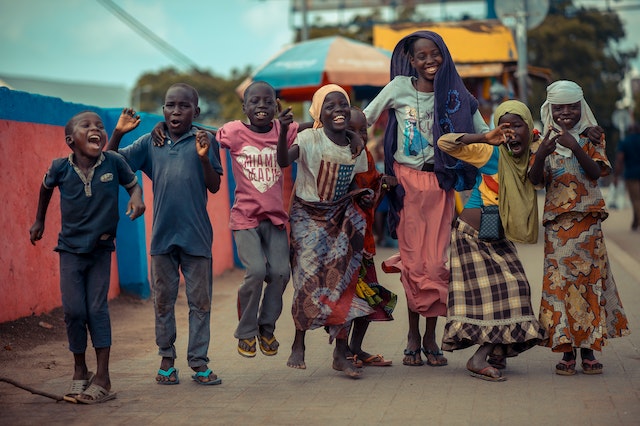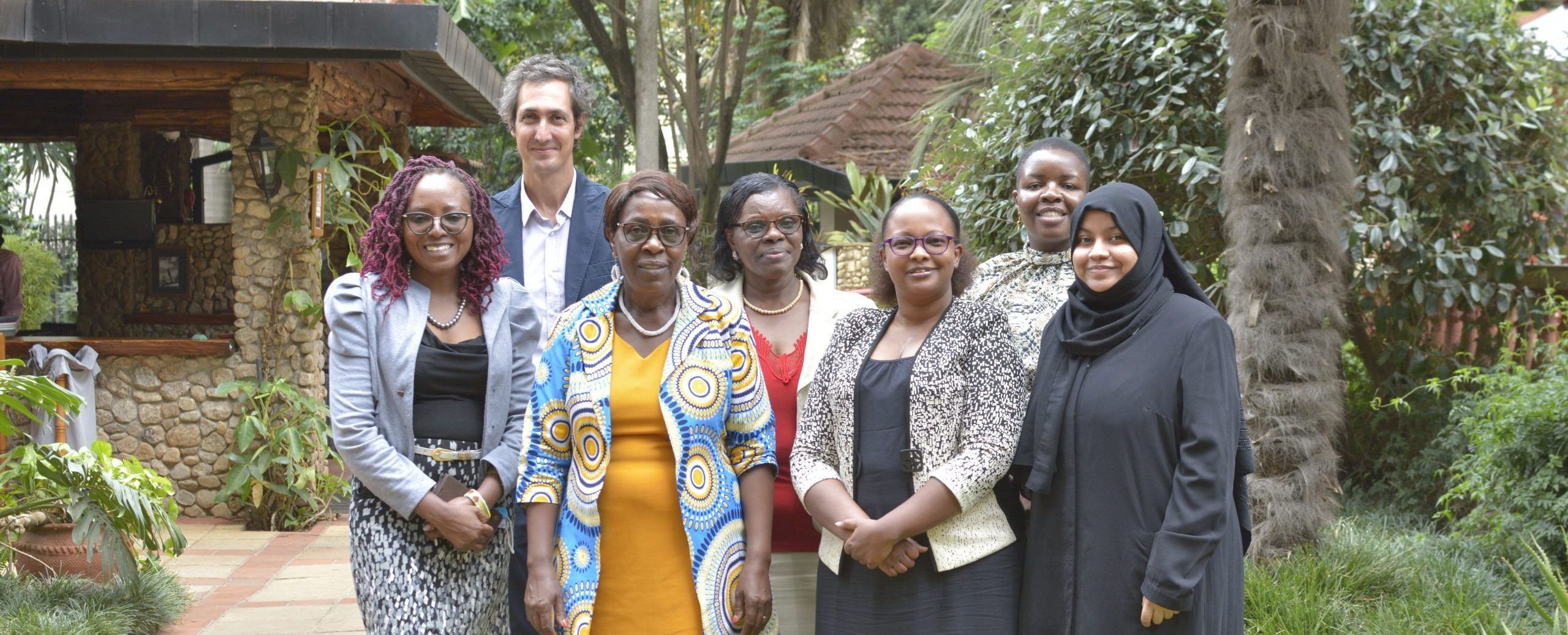World Health Day – Health for All
Africa faces a number of challenges in ensuring that every individual has access to quality healthcare – health equity. The COVID-19 pandemic has highlighted the importance of investing in healthcare infrastructure, training healthcare workers and provision of essential medicines and technologies. However, even before the pandemic, many African countries struggled to provide adequate healthcare to their populations, particularly for women and marginalized communities. In order to achieve Health For All, policymakers and legislators must prioritize health equity, gender equality and socio-economic justice.
Challenges facing healthcare in Africa
The challenges facing healthcare in Africa are multifaceted and require comprehensive solutions. One of the main challenges is access to healthcare. Many individuals, particularly those in rural areas, face significant barriers to accessing healthcare facilities due to long distances and lack of transportation. Additionally, the cost of healthcare can be prohibitive for many individuals, particularly those living in poverty. This leads to a lack of preventative care and the overuse of emergency services, which strains the healthcare system.
Another challenge facing healthcare in Africa is a shortage of healthcare workers. Many countries in Africa face a critical shortage of healthcare workers, particularly doctors and nurses. This shortage is due to a combination of factors, including brain drain, where healthcare workers leave their home countries to work in developed countries and a lack of investment in healthcare education and training.
Furthermore, there is a significant gender gap in healthcare in Africa. Women often face discrimination and bias in healthcare, particularly in accessing reproductive health services. This bias in healthcare is due to a lack of investment in women’s health and gender-sensitive policies. The result is that women often have limited access to healthcare services, particularly those related to reproductive health.
Addressing the challenges facing healthcare in Africa
In order to address the challenges facing healthcare in Africa, policymakers and legislators must prioritize health equity, gender equality and socio-economic justice. This work means investing in healthcare infrastructure, training healthcare workers and provision of essential medicines and technologies. In addition, implementation of these policies to address the social determinants of health, such as poverty, unemployment and discrimination.

Investing in healthcare infrastructure
Investing in healthcare infrastructure is crucial to improving access to healthcare in Africa. This investment includes building and equipping healthcare facilities, ensuring access to reliable electricity and clean water and providing transportation to and from healthcare facilities. Additionally, investment in telemedicine and other digital health technologies can improve access to healthcare in remote areas.
Training of healthcare workers
Investment in healthcare education and training is essential to address the shortage of healthcare workers in Africa. This continous medical trainings (CMTs) include training more doctors, nurses and other healthcare professionals and investing in community health workers who can provide healthcare services in rural areas.
Provision of essential medicines and technologies
Ensuring that essential medicines and technologies are available is critical to improving healthcare on our continent. This technology includes medical supplies to treat communicable and non-communicable diseases and medical technologies such as diagnostic equipment and vaccines.
Addressing the social determinants of health
In order to achieve health equity, policymakers and legislators must address the social determinants of health, such as poverty, unemployment and discrimination. Dealing with these social determinants calls for investment in education, housing, and economic development and implementing policies to promote gender equality and address discrimination.
Promoting gender equality in healthcare
Promoting gender equality in healthcare is essential to ensuring women accessing quality healthcare. It includes investing in women’s health, promoting gender-sensitive policies, and addressing discrimination and bias in healthcare.
Ultimately, achieving Health For All in Africa requires a comprehensive approach that addresses the challenges facing healthcare in the continent. This approach calls for investing in healthcare infrastructure, training healthcare workers and provision of essential medicines and technologies. Moreso, addressing the social determinants of health and promoting gender equality. Policymakers and legislators must prioritize health equity



